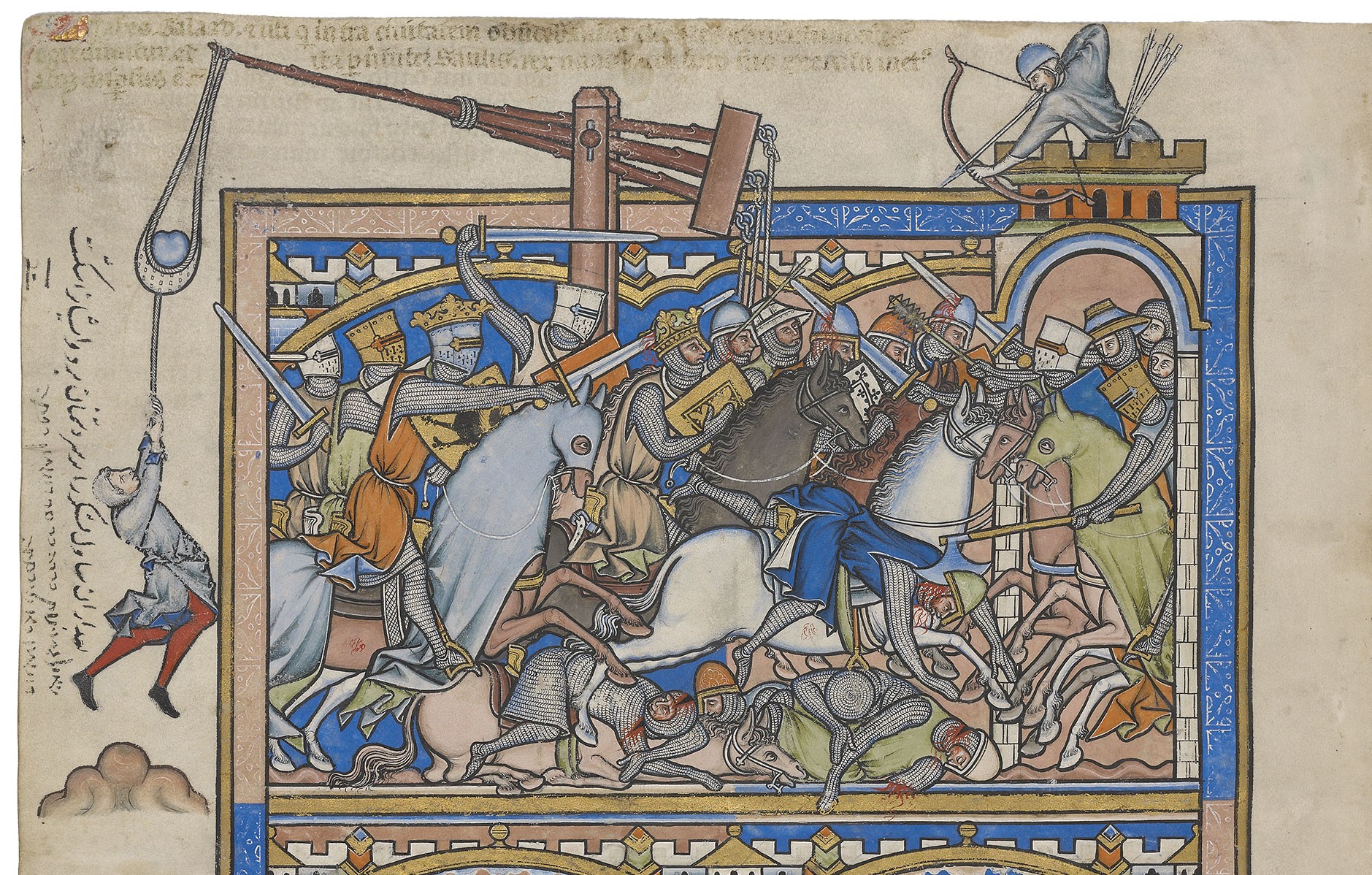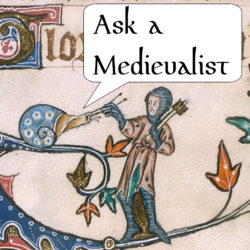Synopsis
After an unexpected late-season hiatus, we’re back with an episode on musical forms! We’ve got the earliest hymns, the maddest madrigals, tuning and temperament, at least three different types of chant, and a song so recursive it will summon Douglas Hofstadter if you play it into a mirror in a dark room.
Annotations
1/ If you don’t remember everything we talked about, refer to episodes 40 and 43.
2/ Hurrian Hymn (see episode 43 note 19) https://en.wikipedia.org/wiki/Hurrian_songs
https://youtu.be/Tx6v0t5I5SM (performed by Michael Levy)
3/ The Delphic Oracle, aka the Pythia.
4/ Hymns to Apollo https://en.wikipedia.org/wiki/Delphic_Hymns
https://www.youtube.com/watch?v=ws7xUHt_W4o (performed by Michael Levy)
Hermes was mentioned in episode 40, note 4.
5/ They’re both lyres, but they’re tuned differently.
6/ Pythagorean tuning was not the only ancient Greek tuning! https://en.wikipedia.org/wiki/Musical_system_of_ancient_Greece
8/ Gregorian chant.
We talked about Pope Gregory in episode 2.
Ambrose Bierce: author of The Devil’s Dictionary.
Saint Ambrose of Milan
Ambrosian chant
9/ The last castrato was Alessandro Moreschi, and he died in 1922.
10/ Gallican chant excerpt performed by Sequentia https://www.youtube.com/watch?v=S08SIkWldSU
From Paris, BNF, ms. lat. 776, 11th century https://gallica.bnf.fr/ark:/12148/btv1b84546727/f301.item
11/ For more on the Ordo/Hildegard, see episode 6, notes 17 and 23.
https://www.youtube.com/watch?v=f1sJ91rS0o0 At 3:38 you can see “Felix Anima” in red letters at the top left of the second page. This means that Anima–the everyperson character of the play, the Soul–is supposed to sing “happily.” Stage directions!
For Jesse’s rant, see episode 15, I think.
12/ Adam de la Halle: see episode 31 note 13.
13/ Polyphony
Early three-voice motet https://www.youtube.com/watch?v=ro2JTnfmjzA
Same YouTube clip for all:
1. O Maria, maris stella (single-texted three-voice motet) (0:00)
2. O Maria virgo, O Maria, maris stella (double motet) (1:01)
3. Quand je parti (two-voice motet) (2:15)
4. En nom Dieu – Quand voi – Eius in oriente (double motet) (3:45)
5. Trop sovent – Brunete – In seculum (double motet) (4:52) The Hilliard Ensemble
14/ Music of the Middle Ages: An Anthology for Performance and Study, by David Wilson. https://www.amazon.com/Music-Middle-Ages-Anthology-Performance/dp/9382661026
15/ Formes fixes
ballade, rondeau, and virelai.
16/ Guillaume de Machaut (c.1300–1377)
17/ Machaut’s Rondeau “My End Is My Beginning” (“Mon fin est mon commencement”) https://www.youtube.com/watch?v=dcfPr4IN2MM (performed by Performed by: Charles Daniels, Angus Smith, & Don Greig and transcribed and animated by Jordan Alexander Key)
So meta that Douglas Hofstater something something.
18/ Machaut – Virelai: “Douce dame jolie” https://www.youtube.com/watch?v=1kM5qJi2v3c
From Cantata Profana’s show “Ancient Groove Music” live at the HERE Arts Center, NYC June 2017.
19/ Machaut – Ballade “Dame, ne regardes pas” (from BNF ff 1584)
https://www.youtube.com/watch?v=tyGhW9JKOz8
Performed by LIBER: Ensemble for Early Music (formerly Liber unUsualis)
20/ Trecento Madrigal
Francesco Landini, “Musica Son Già Furon Ciascun Vuol” https://www.youtube.com/watch?v=YNcfZSBF9ow
Performance by: Gothic Voices on “A Laurel for Landini” and transcription by Jordan Alexander Key
21/ Madrigal by Jacopo da Bologna “Fenice fu”
https://www.youtube.com/watch?v=r8EikqtlB_w
22/ Claudio Monteverde (1567–1643)
Monteverdi – Madrigals, Book 8 “Hor che’l ciel e la terra” (Les Cris de Paris, Geoffroy Jourdain)
https://www.youtube.com/watch?v=Ye3F_q2PWXo
23/ John Dowland (1563–1626)
“Fine Knack for Ladies” (performed by the King’s Singers) https://www.youtube.com/watch?v=VEXw7tk4F28
And the Sting one. https://en.wikipedia.org/wiki/Songs_from_the_Labyrinth
24/ Hildegard von Blingen is a bardcore musician. Example. https://www.youtube.com/channel/UCJ_jwWjf8u5mdtac71Be8QA
Bardcore: https://en.wikipedia.org/wiki/Bardcore
Podcast: Play in new window | Download

